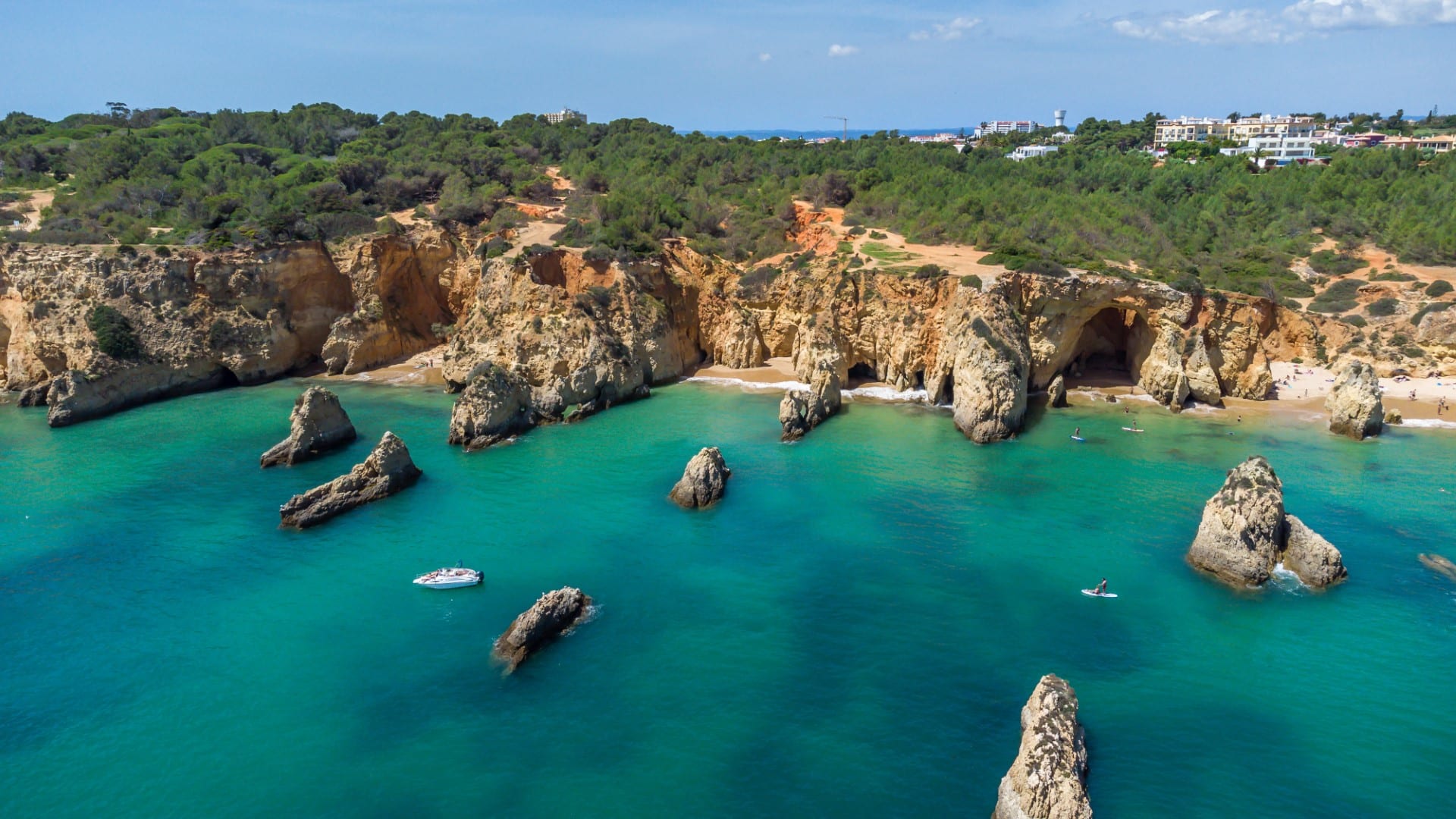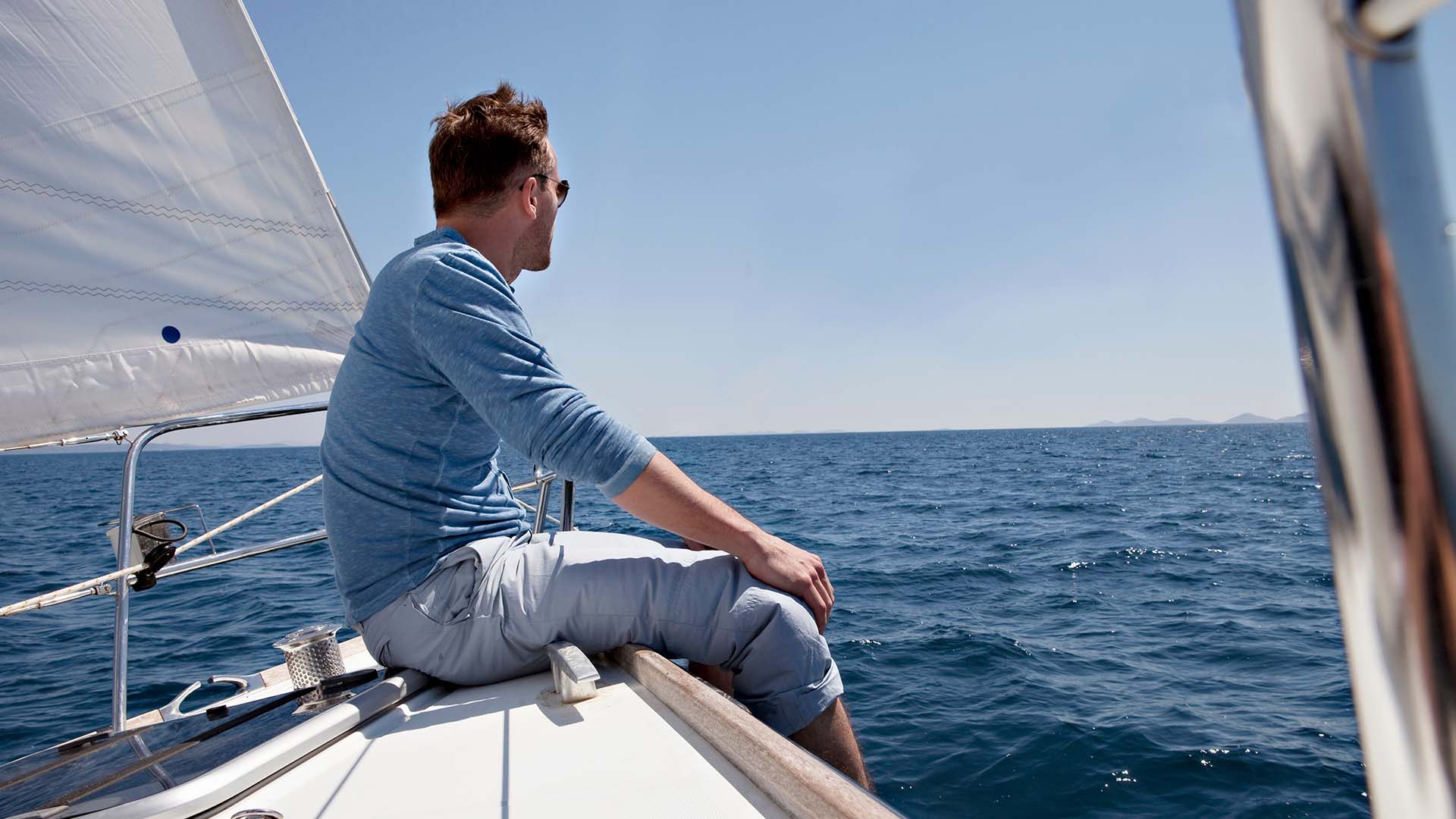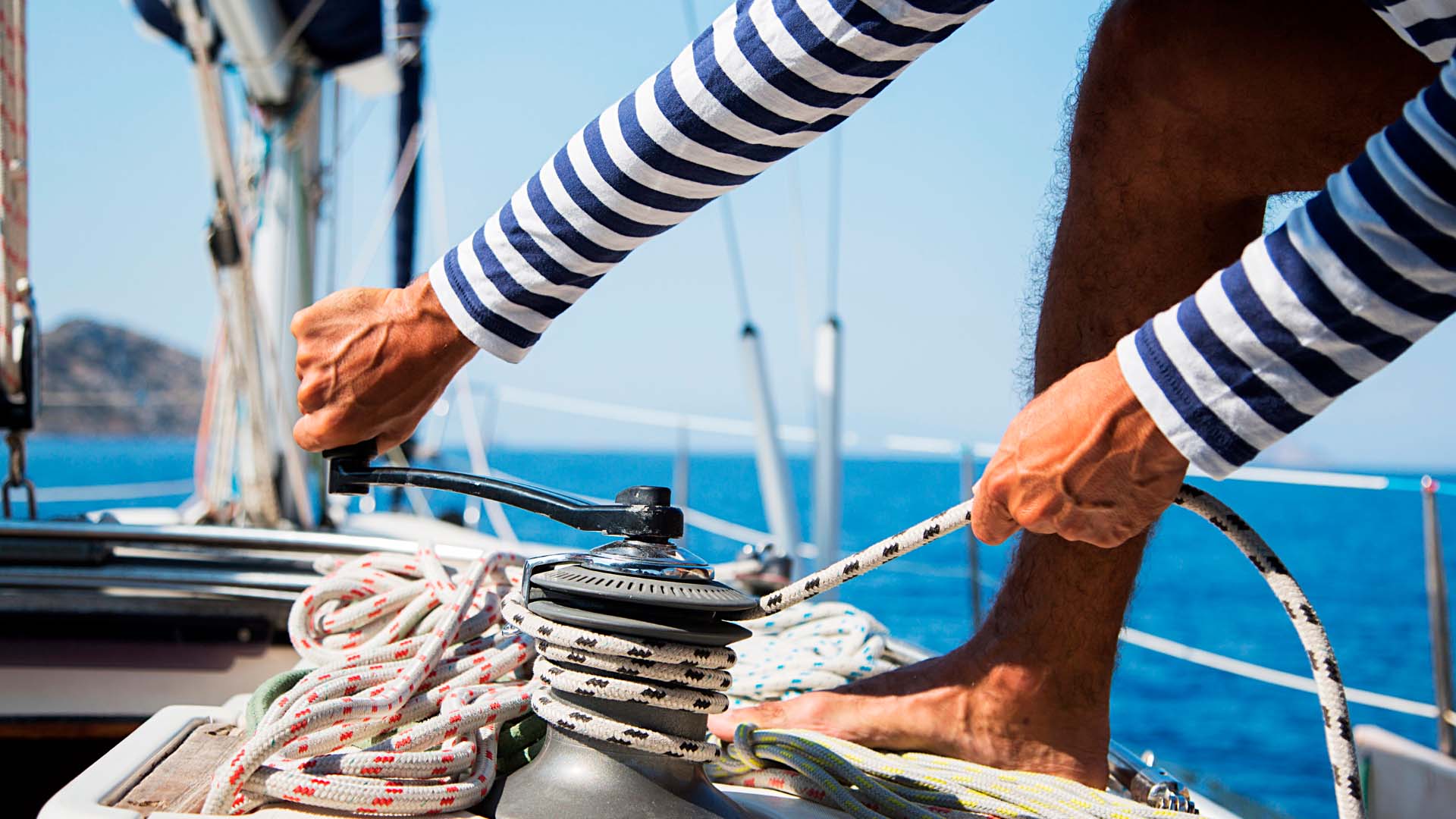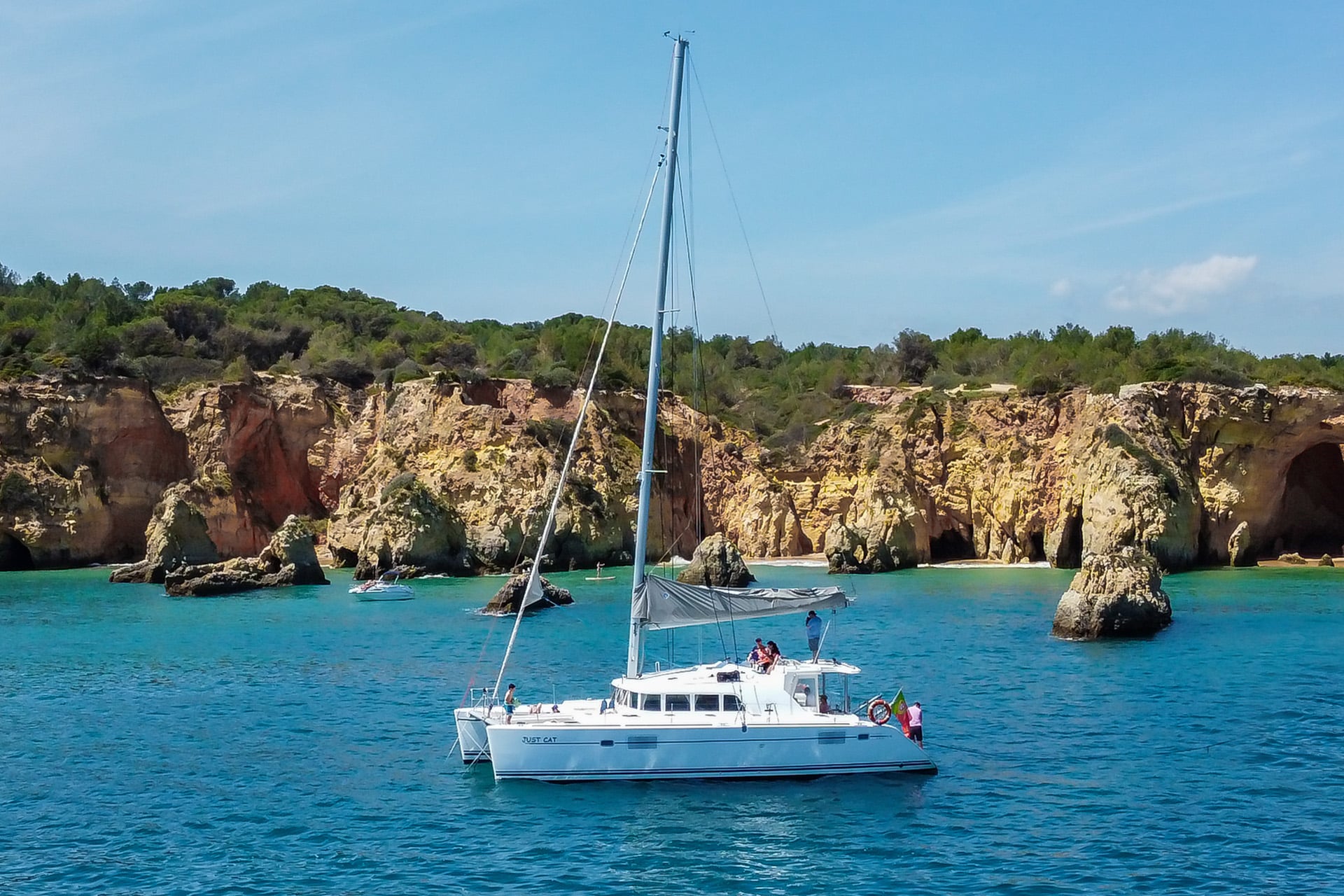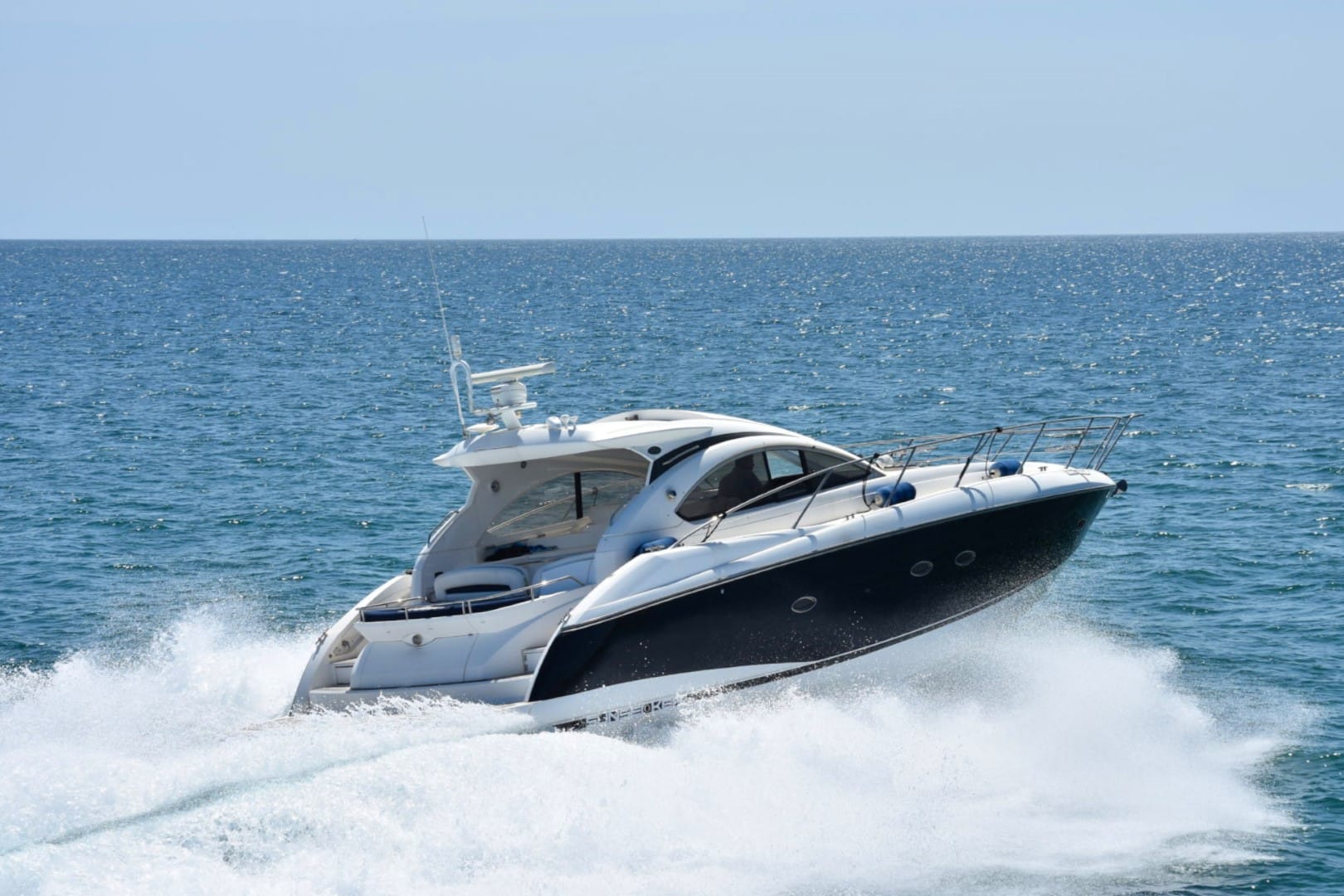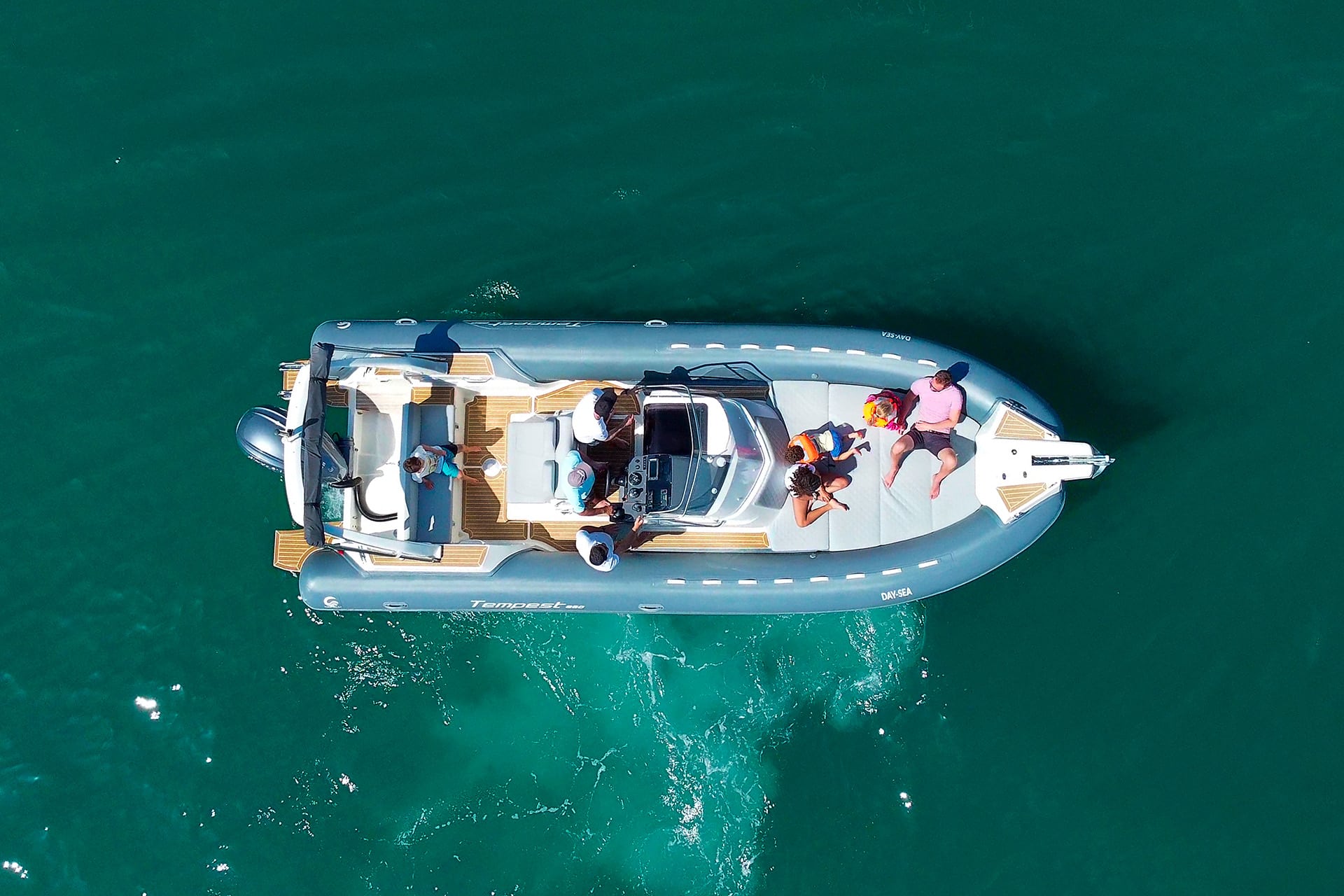Maritime Cultural Heritage of the Algarve: The Integral Role of Lagos in Nautical History
The Dawn of Maritime Discovery: Algarve’s Pioneers and Their Legacy
The Algarve, a region renowned for its breathtaking coastlines and sunny climate, holds a deeper, more profound significance in the annals of world history. It was the birthplace of maritime pioneers who played a crucial role in the Age of Discoveries. At the forefront was Prince Henry the Navigator, a visionary whose ambitions transcended beyond the known horizons. In Lagos, he established a maritime school that became a beacon of nautical knowledge, attracting the brightest minds in navigation, astronomy, and shipbuilding. This school was instrumental in developing the caravel, a ship that could sail against the wind and was pivotal in successful explorations.
The impact of these developments was monumental. Lagos, as the epicenter of these advancements, witnessed the preparation and launch of expeditions that would chart unknown territories. The voyages of explorers like Vasco da Gama, who set sail from the Algarve, opened up new trade routes and initiated cultural exchanges that reshaped the world.
Algarve’s Maritime Milestones: Events That Shaped the World
The Algarve’s contribution to maritime history is marked by several key expeditions. The most notable was Vasco da Gama’s journey to India, which began from the shores of Lagos. This expedition not only marked a significant milestone in sea navigation but also paved the way for a new era of global trade and cultural exchange. These journeys brought back spices, gold, and other exotic goods, transforming the Algarve into a bustling hub of commerce and innovation.
Lagos, with its strategic location, played a central role in these expeditions. The city’s infrastructure, developed to support maritime ventures, included shipyards where the caravels were built and provisioned. This era of exploration led to economic prosperity, cultural richness, and a legacy that continues to influence the region today.
The Slave Market in Lagos: A Dark Chapter in Maritime History
One significant and somber aspect of Lagos’ maritime history is its role in the early European slave trade. The Slave Market, located in the historic center of Lagos, stands as a stark reminder of this dark era. Established in the 15th century, it was one of the first slave markets in Western Europe. Slaves brought back from African expeditions were sold here, playing a tragic but undeniable role in the economic development of the region.
This market highlights a complex and painful part of Lagos’ history, intertwined with its maritime achievements. Today, the site serves not only as a historical landmark but also as an educational center, offering insights into the human cost of the Age of Discoveries. It’s a poignant reminder of the darker aspects of maritime exploration and the need to acknowledge and learn from the past.
The Caravela Boa Esperança: A Symbol of Lagos’s Maritime Legacy
A remarkable embodiment of Lagos’s maritime heritage is the Caravela Boa Esperança, a replica of a 15th-century Portuguese caravel. Moored in Lagos, this vessel was constructed as part of the commemorations of the Age of Discoveries. The Boa Esperança serves as a tangible link to the past, allowing visitors to experience firsthand the type of ship that played a crucial role in Portugal’s exploration endeavors.
The construction of the Boa Esperança is a testament to the traditional shipbuilding techniques once prevalent in Lagos. It also symbolizes the city’s ongoing connection to its maritime history, celebrating the spirit of exploration that once emanated from this coastal town. Today, the caravel is not only a tourist attraction but also a floating reminder of the pioneering spirit that defined the Age of Discoveries.
Celebrating Sea in the Algarve: Festivals, Folklore, and Traditions
The maritime heritage of the Algarve is not just confined to historical records but is alive in its festivals, folklore, and traditions. Annual celebrations like the Festa de Nossa Senhora da Glória in Lagos are vibrant displays of the region’s connection to the sea. These festivals, rooted in historical events, are a colorful blend of religious ceremonies, music, and seafaring traditions. They not only commemorate the past but also serve to educate the younger generations about their maritime heritage.
Folklore in the Algarve is rich with tales of the sea, from mythical sea creatures to legendary explorers. These stories, passed down through generations, are a testament to the region’s deep connection with the ocean. In Lagos, traditional crafts such as boat-building are not just preserved as historical artifacts but are still practiced, keeping the legacy alive.
Voices from the Sea: Personal Stories and Historical Insights
The maritime history of the Algarve is also reflected in the personal stories of its people. Interviews with historians and maritime experts from the region, especially from Lagos, reveal unique insights and lesser-known aspects of this rich heritage. These experts shed light on the technological advancements, the socio-economic impacts, and the cultural transformations brought about by the Age of Discoveries.
Equally compelling are the stories from local fishermen and sailors. Their tales, steeped in tradition and personal experience, offer a window into the life and challenges of seafaring. In Lagos, these stories often involve families who have been connected to the sea for generations, showcasing how maritime practices and knowledge are deeply rooted in the community.
A Nautical Tale: The Legend of the Ghost Ship of Lagos
Among the many tales told by the seafarers of the Algarve, the legend of the Ghost Ship of Lagos stands out. It is said that on certain moonlit nights, a spectral ship can be seen sailing off the coast of Lagos. This ghostly vessel is believed to be the soul of a caravel that was lost at sea during the Age of Discoveries.
The legend narrates that the ship, loaded with treasures from unknown lands, encountered a fierce storm and vanished without a trace. However, its spirit continues to roam the waters near Lagos. Sailors claim that seeing the ghost ship is an omen, foretelling either great fortune or doom. This mysterious apparition embodies the adventure and peril that have always been a part of the maritime history of the Algarve.
OTHER BLOG POSTS
Take a look at our other articles
WHICH BOAT WILL YOU CHOOSE?
Yachting Lifestyle Fleet
Lagoon 440
Catamaran | Skipper included
16 people
Ideal for:
Families, groups, and events
Relax, socialize and explore the coast
Kayak or paddleboard cave exploration
Sunseeker Portofino 46
Motor Cruiser | Skipper included
8 people
Ideal for:
Small groups and families
Luxury daytime cruising
Adventure and relaxation
WHY CHOOSE US?
The Algarve coast has so much to offer, but often only a few places get all the focus.
We see this as an opportunity to try and give you the most authentic experience
Pedro Arsénio
CEO & Operations Manager

